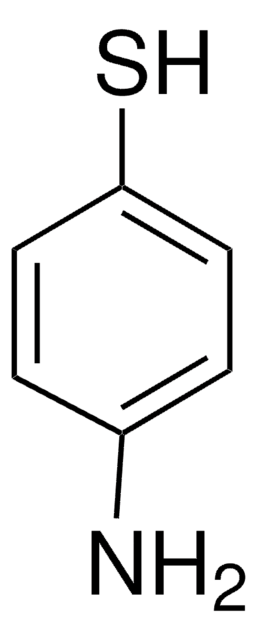907316
GlcA-ABP
95%
Synonym(s):
(2S,3S,4S,5R,6S)-6-(2-(difluoromethyl)-4-(hex-5-ynamido)phenoxy)-3,4,5-trihydroxytetrahydro-2H-pyran-2-carboxylic acid, Glucuronic acid activity-based probe, Glucuronidated metabolite mimic
Sign Into View Organizational & Contract Pricing
All Photos(2)
About This Item
Empirical Formula (Hill Notation):
C19H21F2NO8
Molecular Weight:
429.37
UNSPSC Code:
12352101
Recommended Products
assay
95%
form
solid
storage temp.
−20°C
Application
This glucuronic acid activity-based probe (GlcA-ABP) is a glucuronidated metabolite mimic that provides in situ detection of active β-glucuronidases in the gut microbiome. The probe reacts with nucleophilic residues of the target, and the alkyne tag enables subsequent bioorthogonal tagging via click chemistry for enrichment (i.e. biotin tags) or imaging and cell sorting (i.e. fluorescent tags). With GlcA-ABP, Whidbey, et al were able to pair the activity-based probe (ABP) with fluorescence-activated cell sorting (FACS; ABP-FACS) to identify β-glucuronidase-active taxa in the gut microbiota.
Currently in gut microbiome research, access to and differentiation between subpopulations and their relationships to host biochemistry is a challenge. Functional and chemical approaches such as those with GlcA-ABP provide a complementary tool to gene sequencing.
Currently in gut microbiome research, access to and differentiation between subpopulations and their relationships to host biochemistry is a challenge. Functional and chemical approaches such as those with GlcA-ABP provide a complementary tool to gene sequencing.
Related product
Product No.
Description
Pricing
Storage Class
11 - Combustible Solids
wgk_germany
WGK 3
flash_point_f
Not applicable
flash_point_c
Not applicable
Choose from one of the most recent versions:
Certificates of Analysis (COA)
Lot/Batch Number
Sorry, we don't have COAs for this product available online at this time.
If you need assistance, please contact Customer Support.
Already Own This Product?
Find documentation for the products that you have recently purchased in the Document Library.
Christopher Whidbey et al.
Journal of the American Chemical Society (2018-12-14)
Commensal microorganisms in the mammalian gut play important roles in host health and physiology, but a central challenge remains in achieving a de-tailed mechanistic understanding of specific microbial contributions to host biochemistry. New function-based approaches are needed that analyze gut
Our team of scientists has experience in all areas of research including Life Science, Material Science, Chemical Synthesis, Chromatography, Analytical and many others.
Contact Technical Service